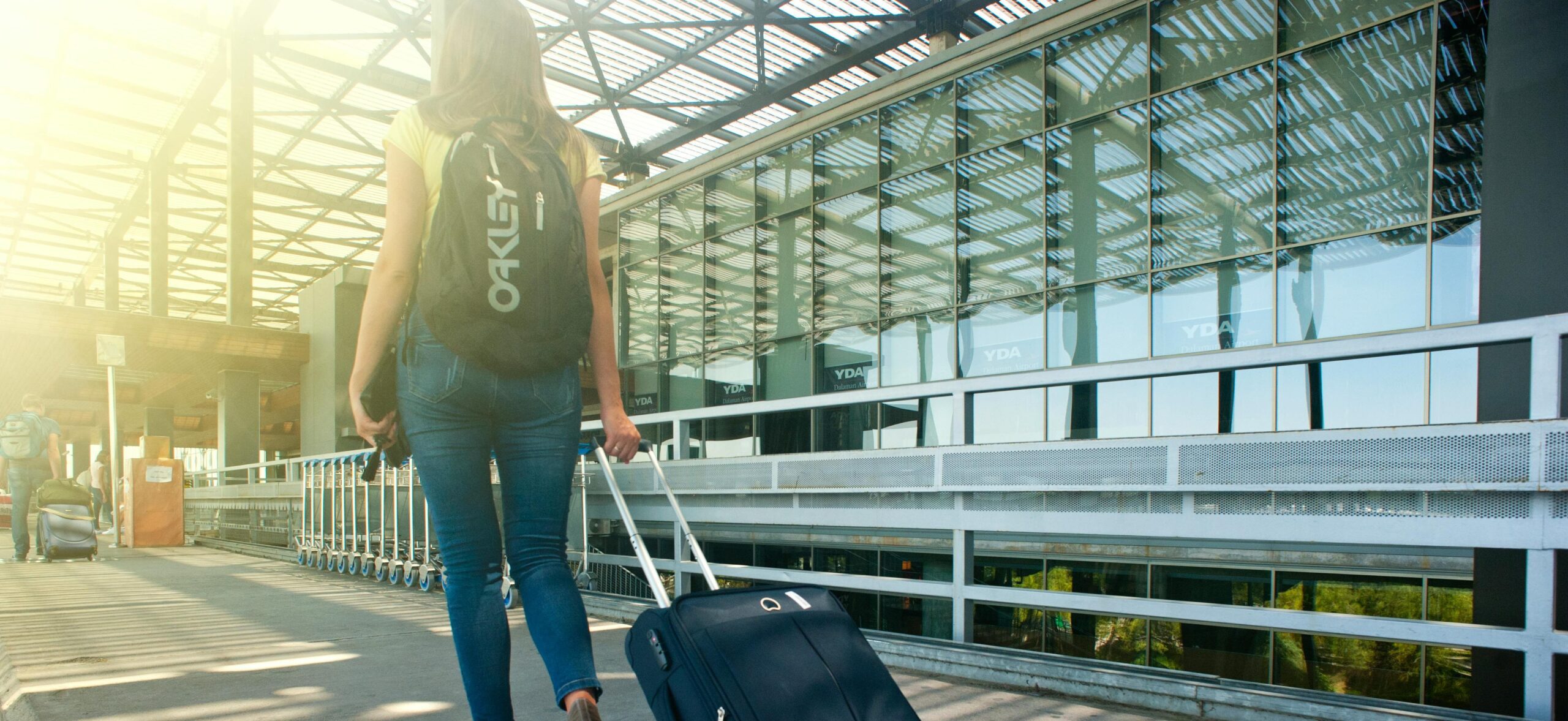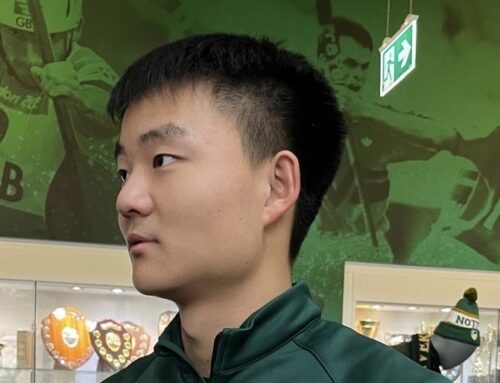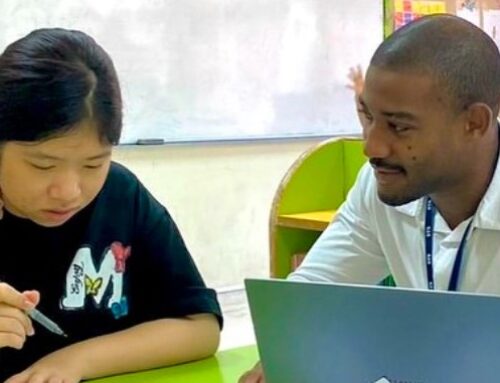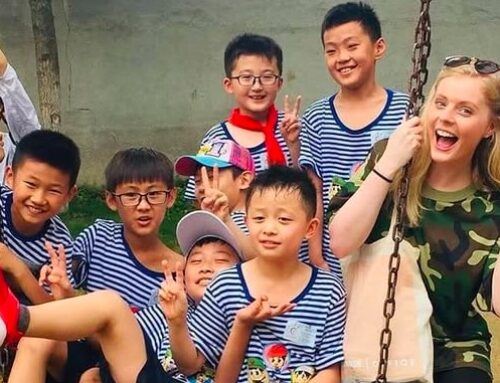Now you’ve made the decision to spend an unforgettable summer in the United States, we’ll be with you every step of the way. In this blog post, we’ll walk you through the key steps of the process.
How it starts
We work with a wide variety of summer camps that vary in size and the types of activities that are generally focused on. During our initial call, we’ll give you a sense of what’s on offer, and have a conversation about what sort of camps you are looking for, and what’s important you. Is it being near NY city? Do you want to be part of a smaller camp, or one that employs more than 200 counsellors?
Whatever you’re looking for, we’ll do our best to accommodate your request and introduce you to your dream camp. As part of this process, we will ask you to record a video about yourself. One of our camps described this to us as a ‘professional TikTok that should make us fall in love with you’. It’s all about showing them your personality and who you are, and what makes you passionate about working with children. Before your call with a camp, we’ll provide notes and tips to help you land you the job.
Once you’ve been hired, the next step is obtaining a visa. The visa you need is a J1 visa, and we’ll help you complete the key forms, like the DS- 2019. Once you secure your visa, it’s time to book flights! Most of our camps are in the Northeast of the US, so chances are you’ll be flying into New York, although this doesn’t apply to every camp. We’ll assist you with booking flights and getting a good deal.
Our orientation day in London takes place in late May. It’s a chance to meet us as well as your fellow counsellors in person, we’ll go over any last-minute questions you may have. We’ll also do training sessions about what to expect at camp and how to prepare for it, games to play, what to pack, and work culture in the US.
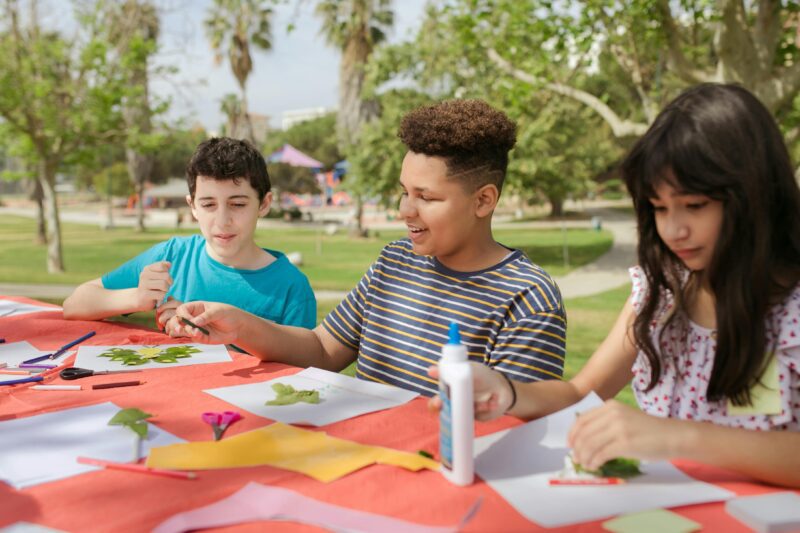
Getting to camp
You will make your own way to the airport in your home country, but upon your arrival in the US, your camp takes responsibility. They’re highly experienced when it comes to hiring foreign staff and they’ll be excited to see you!
Your camp picks you up at the airport and gives you a few days to settle in, and sleep off your jetlag. Most camps offer a 50-50 mix between American counsellors and foreign staff, which works really well because the Americans are often ex-campers who know the place inside out, while the foreign staff bring a fresh perspective and culturally enrich the experience for counsellors and campers alike.
Most of the camps are long-standing and have a rich tradition. Training will start a few days after you arrive, and it will last a week. Training is all about making you aware of how the camps runs and explaining what’s expected of you.
The American counsellors that know the camp and have attend it as campers themselves are invaluable. They can tell you all about their personal experiences and what camps means to them.
After a week of training, the camp will start, and you’ll be raring to go! We like staying in touch with all our candidates, and we’d like to hear how you’re doing, and support you where needed.
During camp
 When camps starts, generalists counsellors do a variety of activities during the day. As an example, you may pitch a soccer session to the campers in the morning, and those who want to get involved join after breakfast.
When camps starts, generalists counsellors do a variety of activities during the day. As an example, you may pitch a soccer session to the campers in the morning, and those who want to get involved join after breakfast.
After lunch, you may go for a treasure hunt in the woods. After dinner, there are often songs, performances, and sketches for the whole camp to get involved with.
Generalist counsellors are assigned an age group that they are in charge of, and they sleep in a cabin with the children. There’s always teamwork involved, so you manage a cabin with one or more co-counsellors that work closely with you. Having joint responsibility of a group of children means your co-counsellor is a great sense of support and camaraderie throughout the camp.
Specialist counselors focus on one activity during their time at camp, be it coaching tennis, lifeguarding, leading the ropes, holding arts & crafts sessions, or anything else.
Specialist teachers engage with children in a similar way during the day, but they are not assigned a specific age group when it comes to nighttime, and they sleep in counsellor bunk beds rather than with the children in a cabin.
Camp is hard work, but it’s incredibly rewarding. Bonding with your campers and fellow counsellors in nature, while being active all summer is super healthy and memorable.
Most camps give their staff 3 times 48 hours off over the course of summer, which depending on the location of your camp, may be a few trips to NYC or another amazing city as you take a break from work.
After camp
 We help before camp, your camp looks after you when you’re there, then it’s up to you!
We help before camp, your camp looks after you when you’re there, then it’s up to you!
You can have a holiday in the US and relax after the hard work, or come home with money in the bank. You have 30 days to travel the US after your camp ends.
As you have gotten to know lots of American counsellor as well as fellow foreign counsellors, you have so many options when camps ends. Counsellors visit American colleagues in their hometowns, or visit fellow counsellors starting/ returning to college after camp, or go on a big road trip across the US!
Having successfully completed a summer in the US will open lots of opportunities for you.
Employers like the initiative, confidence and leadership skills you gain at camp.
With Impact Teaching, we have placed countless former camp counsellors on our teaching programs in China, Thailand, Vietnam, Poland and Hungary over the years. We offer a discount for those programs to all our camp alumni, as we know you have what it takes!
Let us know if you have any questions about working and summer camp, and if you’d like to apply, you can do so here!

